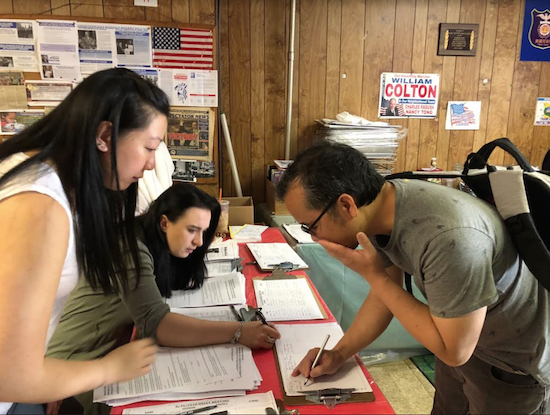As mayor pulls back from SHSAT plan, Brooklyn pols call for gifted program expansion

The news that Mayor Bill de Blasio is suddenly open to the idea of keeping in place the admissions test for the city’s elite high schools after months of calling for its elimination elicited a swift reaction in southwest Brooklyn, the epicenter of the pro-test movement.
The New York Post reported on Wednesday that de Blasio told reporters at a roundtable with journalists that he might have to rethink scrapping the test, although he vowed to continue working toward his goal of increasing racial diversity in the city’s elite high schools like Brooklyn Tech and Bronx High School of Science.
“Some would argue that there’s a way to do it while keeping the test, and you have to have that dialogue, too,” de Blasio said, according to the Post.

Brooklyn Boro
View MoreNew York City’s most populous borough, Brooklyn, is home to nearly 2.6 million residents. If Brooklyn were an independent city it would be the fourth largest city in the United States. While Brooklyn has become the epitome of ‘cool and hip’ in recent years, for those that were born here, raised families here and improved communities over the years, Brooklyn has never been ‘uncool’.